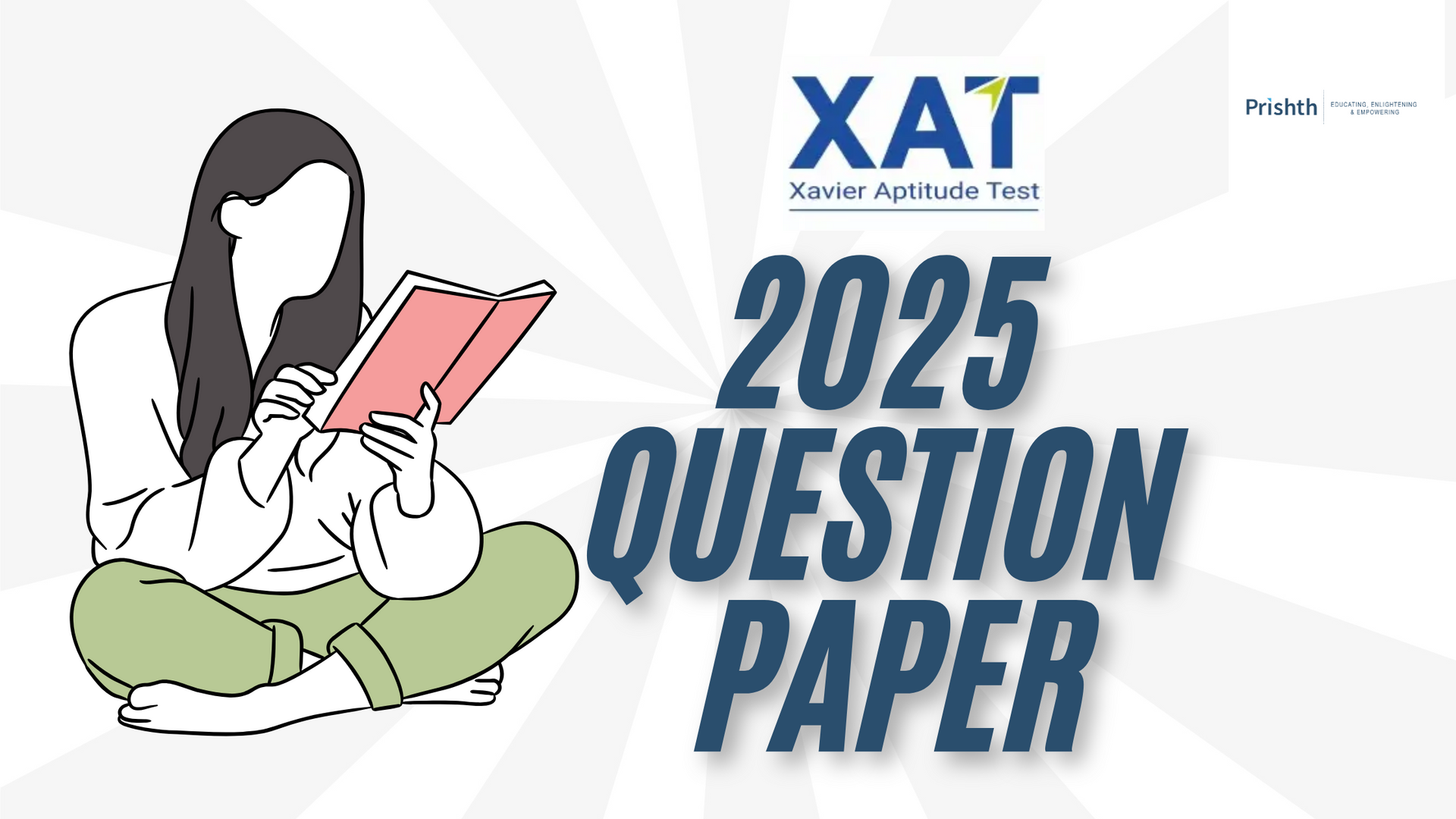Balancing Self-Care and Competitive Exam Preparation: A Guide for Students.
By Prishth || January 21, 2023, 19:36 IST

Balancing self-care and competitive exam preparation can be a challenging task for students. However, it is crucial to maintain a healthy balance between the two in order to achieve optimal results. In this blog, we will discuss some tips and strategies for balancing self-care and competitive exam preparation as a student.
Self-care is the practice of taking care of your physical, mental, and emotional well-being. It is important to prioritize self-care during the exam preparation process as it can help reduce stress and anxiety, improve focus and concentration, and increase overall well-being.
I. Introduction
The purpose of this blog post is to explore the importance of self-care and exam preparation for students. We will discuss the different types of self-care, the importance of self-care for overall well-being, and strategies for balancing self-care with exam preparation.
Importance of self-care and exam preparation for students:
As students, we are often under a lot of pressure to perform well academically. This can lead to high levels of stress and anxiety, which can negatively impact our mental and physical health. Additionally, the exam period can be a particularly challenging time, as we are required to balance our studies with other responsibilities. This is why it is essential for students to prioritize self-care during this time. By taking care of ourselves, we are better able to manage stress and anxiety, perform better academically, and maintain overall well-being.
II. Understanding Self-Care
Definition of self-care:
Self-care refers to the actions we take to promote physical, emotional, mental, and spiritual well-being. It encompasses a wide range of activities, from exercise and meditation to journaling and social support.
Types of self-care (physical, emotional, mental, spiritual):
Physical self-care refers to activities that promote physical health and well-being, such as exercise, yoga, and meditation. Emotional self-care activities focus on emotional well-being and include things like journaling, therapy, and social support. Mental self-care activities focus on mental well-being and include things like reading, hobbies, and learning new skills. Spiritual self-care activities focus on spiritual well-being and include things like prayer, mindfulness, and connecting with nature.
Importance of self-care for overall well-being:
Self-care is essential for overall well-being because it helps us manage stress and anxiety, maintain physical health, and improve our emotional and mental well-being. By taking care of ourselves, we are better able to cope with the demands of everyday life and perform better academically.
III. Balancing Self-Care and Exam Preparation
Tips for incorporating self-care into a busy study schedule:
Self-Care can be challenging to balance self-care with a busy study schedule, but there are several strategies that can help. One approach is to schedule in self-care activities as part of your daily routine. For example, you could set aside time for exercise or meditation before or after studying. Another strategy is to find ways to incorporate self-care activities into your study routine. For example, you could listen to a guided meditation while you are studying or take a short break to go for a walk.
Strategies for managing stress and anxiety related to exam preparation:
Stress and anxiety are common during the exam period, but there are several strategies that can help manage these feelings. One approach is to practice relaxation techniques, such as deep breathing or progressive muscle relaxation. Another strategy is to set realistic expectations for yourself and to give yourself permission to take a break when you need it.
How to set boundaries and prioritize self-care during the exam period:
Setting boundaries and prioritizing self-care during the exam period can help you manage stress and anxiety and perform better academically. One approach is to set limits on how much time you spend studying and to make sure you take breaks when you need them. Another strategy is to set aside time for self-care activities, such as exercise or journaling, and to make these activities a priority.
IV. Self-Care Activities for Students
Physical self-care activities (exercise, yoga, meditation):
Physical self-care activities, such as exercise, yoga, and meditation, are great ways to promote physical health and well-being. Exercise can help to reduce stress and improve mood, while yoga and meditation can help to promote relaxation and reduce anxiety.
Emotional self-care activities (journaling, therapy, social support):
Emotional self-care activities, such as journaling, therapy, and social support, are essential for emotional well-being. Journaling can be a great way to process emotions and reflect on your thoughts and feelings. Therapy can provide a safe space to talk through any emotional struggles you may be facing. Social support is also important, as having a support system can help to reduce stress and anxiety.
Mental self-care activities (reading, hobbies, learning new skills):
Mental self-care activities, such as reading, hobbies, and learning new skills, are essential for maintaining mental well-being. Reading can be a great way to relax and escape from the stresses of everyday life. Hobbies can provide a sense of accomplishment and a break from academic work. Learning new skills can also be a great way to boost confidence and self-esteem.
Spiritual self-care activities (prayer, mindfulness, connecting with nature):
Spiritual self-care activities, such as prayer, mindfulness, and connecting with nature, are important for promoting spiritual well-being. Prayer and mindfulness can help to promote inner peace and a sense of connection with a higher power. Connecting with nature can also be a great way to connect with something greater than ourselves and feel a sense of peace and tranquility.
V. Conclusion
In conclusion, self-care is essential for students during the exam period. By prioritizing self-care, we are better able to manage stress and anxiety, perform better academically, and maintain overall well-being. We encourage students to make self-care a priority during the exam period. By taking care of ourselves, we are better able to manage the demands of everyday life and perform better academically. There are many resources available for students looking to prioritize self-care during exam preparation. Some suggestions include: seeking out therapy, reading self-care and stress management books, joining a student organization, or consulting with a counselor at school.
Most Trending Blogs













